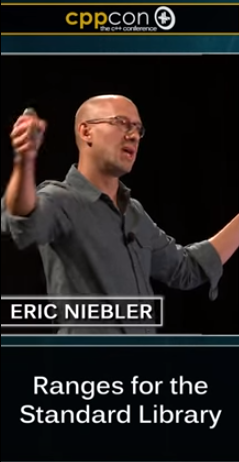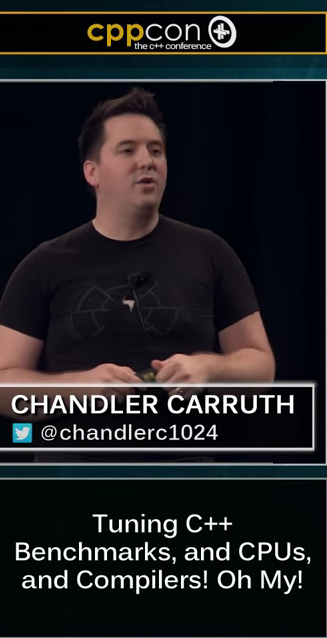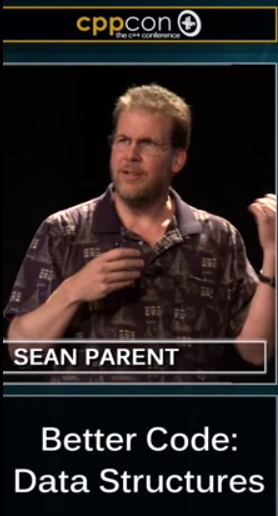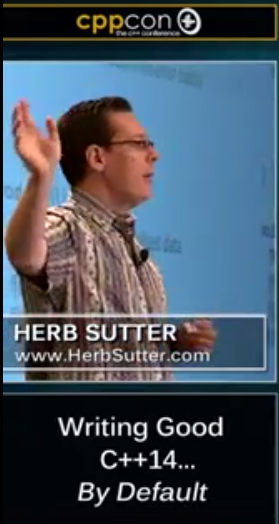CppCon 2015 videos also on Channel 9
CppCon 2015's sessions, panels, and lightning talks were professionally recorded and will be available online worldwide for free in about a month. As you probably saw already on this site, the team made a special effort to post the big five talks early -- the three keynotes and two other daily plenary sessions are all available online now.
To try to make the videos as widely available as possible, like last year the videos are being posted on two different sites: YouTube and Channel 9. Feel free to use whichever works best in your country.
Again, the rest of the talk videos will take about a month to post. The slides will also be available soon and you will be able to find them at github.com/cppcon/cppcon2015. Enjoy!

 CppCon 2015's inspiring endnote video is now available below. This is last of the rush-processed plenary sessions posted quickly (see the Video feed for the others). Of course, there'll be more: Like last year, all the sessions, panels, and lightning talks were professionally recorded and will be available online worldwide for free, but processing well over 100 videos is a lot of work and it will take about a month before they can be available; your patience is appreciated.
CppCon 2015's inspiring endnote video is now available below. This is last of the rush-processed plenary sessions posted quickly (see the Video feed for the others). Of course, there'll be more: Like last year, all the sessions, panels, and lightning talks were professionally recorded and will be available online worldwide for free, but processing well over 100 videos is a lot of work and it will take about a month before they can be available; your patience is appreciated.

 Recorded at CppCon this week:
Recorded at CppCon this week:
